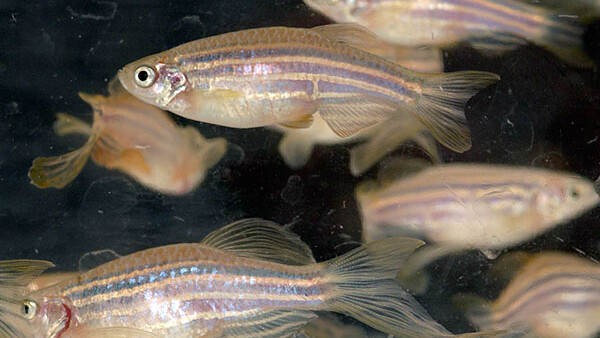In 2019 the University was one of the first 13 institutions to be recognised as a Leader in Openness by Understanding Animal Research.
The status acknowledges the commitment of the institution as a signatory of the Concordat on Openness on Animal Research in the UK, and the endeavours of staff and students to be open and transparent about research involving animals. Leader status was conferred for three years, and after a successful application has been renewed until 2025.
The University of Bath has been a signatory of the Concordat since its inception in 2014. The four commitments laid out in the Concordat are:
- We will be clear about when, how and why we use animals in research.
- We will enhance our communications with the media and the public about our research using animals.
- We will be proactive in providing opportunities for the public to find out about research using animals.
- We will report on progress annually and share our experiences.
To extend their Leadership status for a further three years, organisations were asked to highlight what has changed since their first application to become Leaders in Openness; including new initiatives, extensions of previous ideas, new or reformatted websites and the development of policies that make animal research more visible and contribute towards greater openness.
Bella Williams, Head of Engagement at Understanding Animal Research, said: "Each year, the Concordat on Openness on Animal Research in the UK recognises institutions which consistently meet best-practice standards for openness and transparency in communicating about their animal research. These organisations have shown excellence in their use of internal communications, public-facing websites and social media, media communications and public engagement practices, setting a high standard for all research organisations that use animals, and leading by example.
“The Concordat on Openness on Animal Research in the UK aims to remove the legacy of real and perceived secrecy around the use of animals in scientific research and create greater trust through an established code of practice for life-science research communications. Signatories work to explain why animal research is important to nature and society, while acknowledging that there are costs to this approach that must be minimised. Openness is an opportunity to explain these benefits and costs and what is done to mitigate harms in the face of widespread misinformation on the topic amongst the public.”

